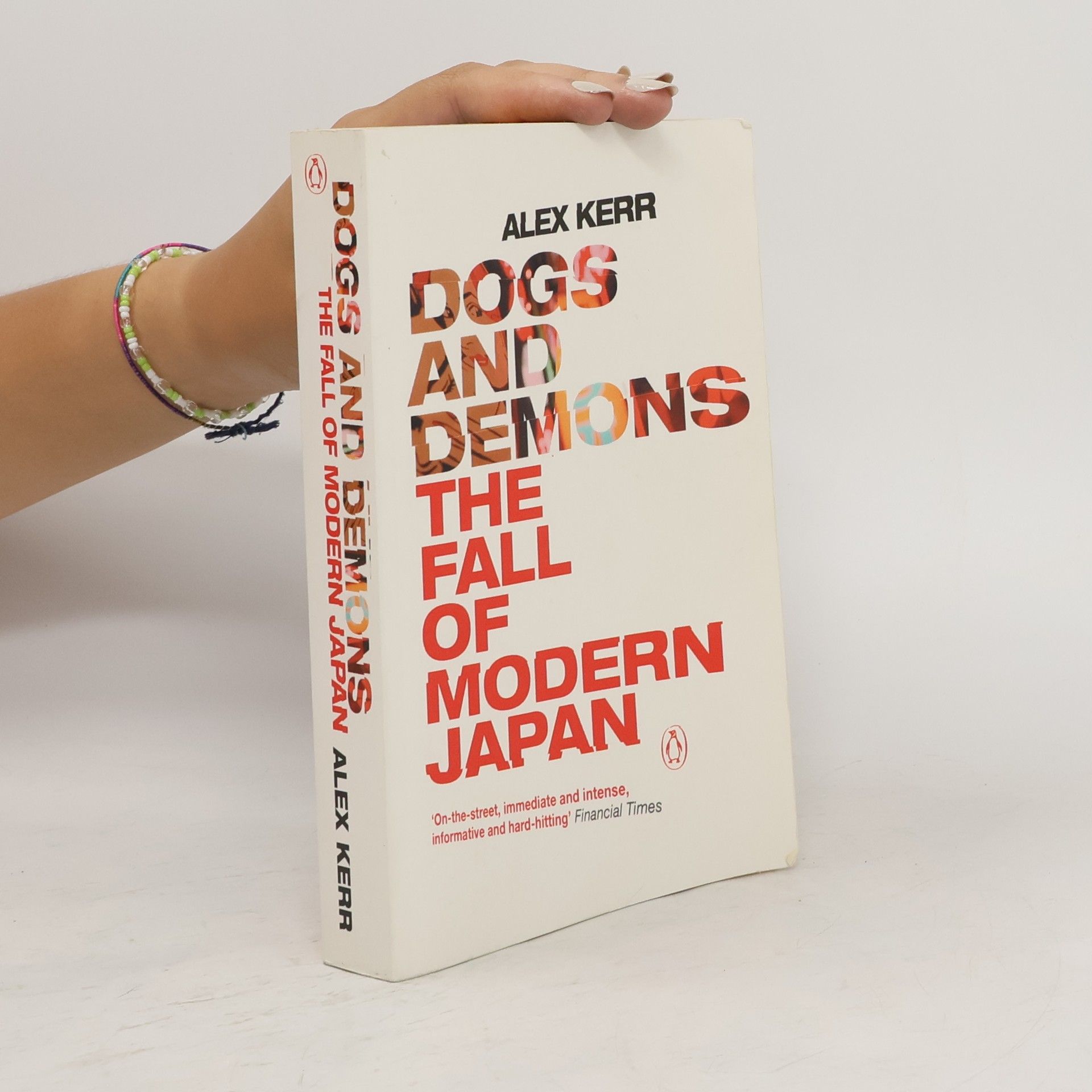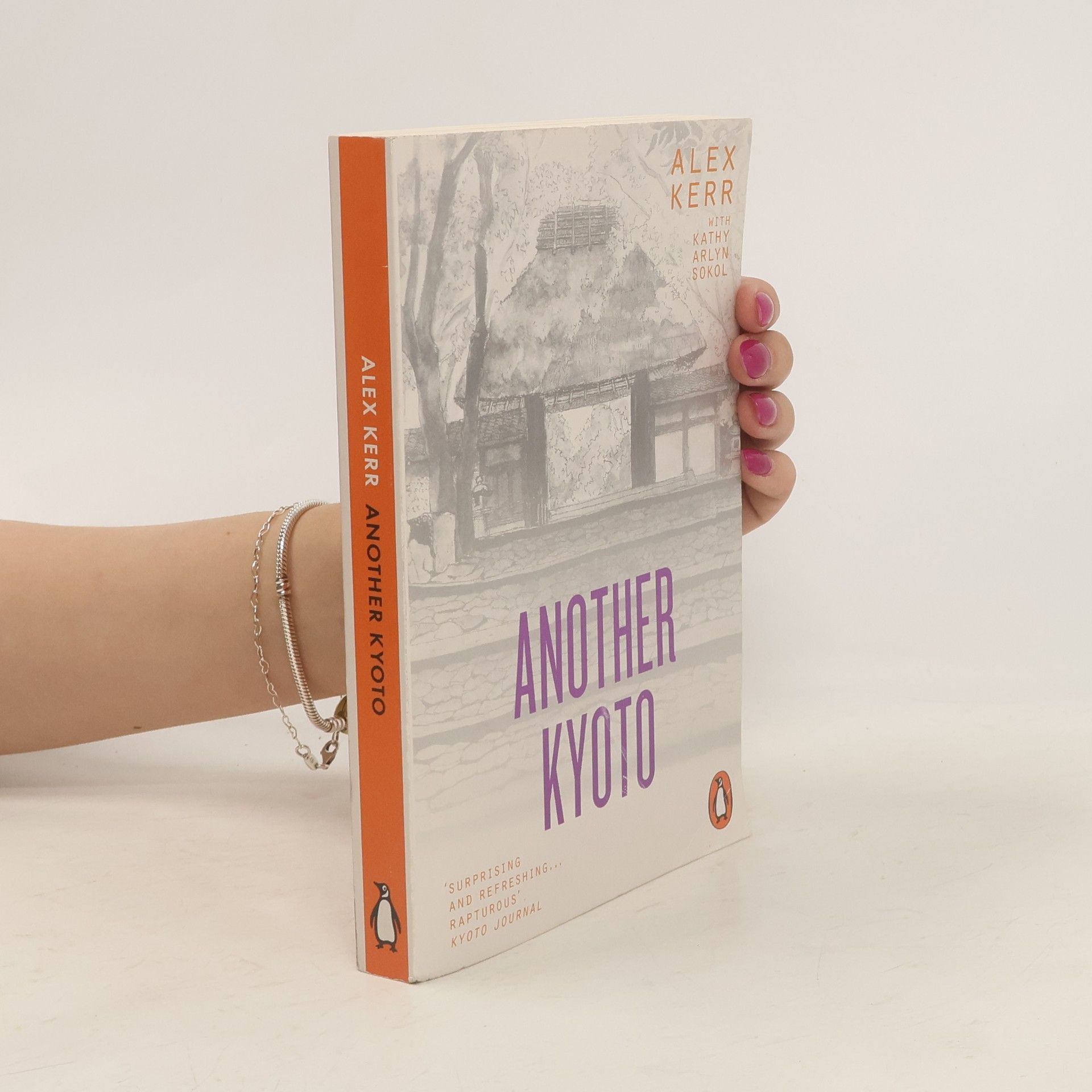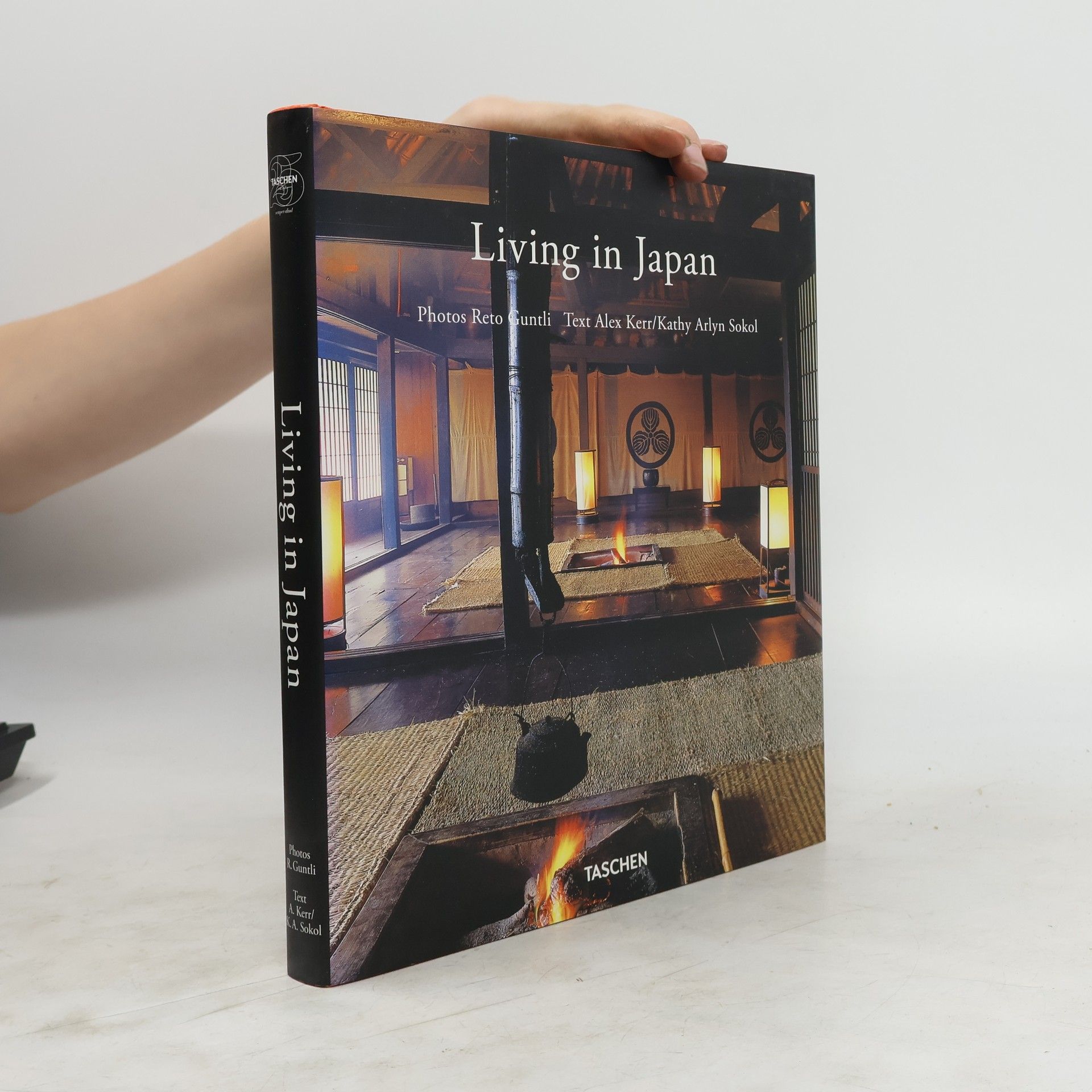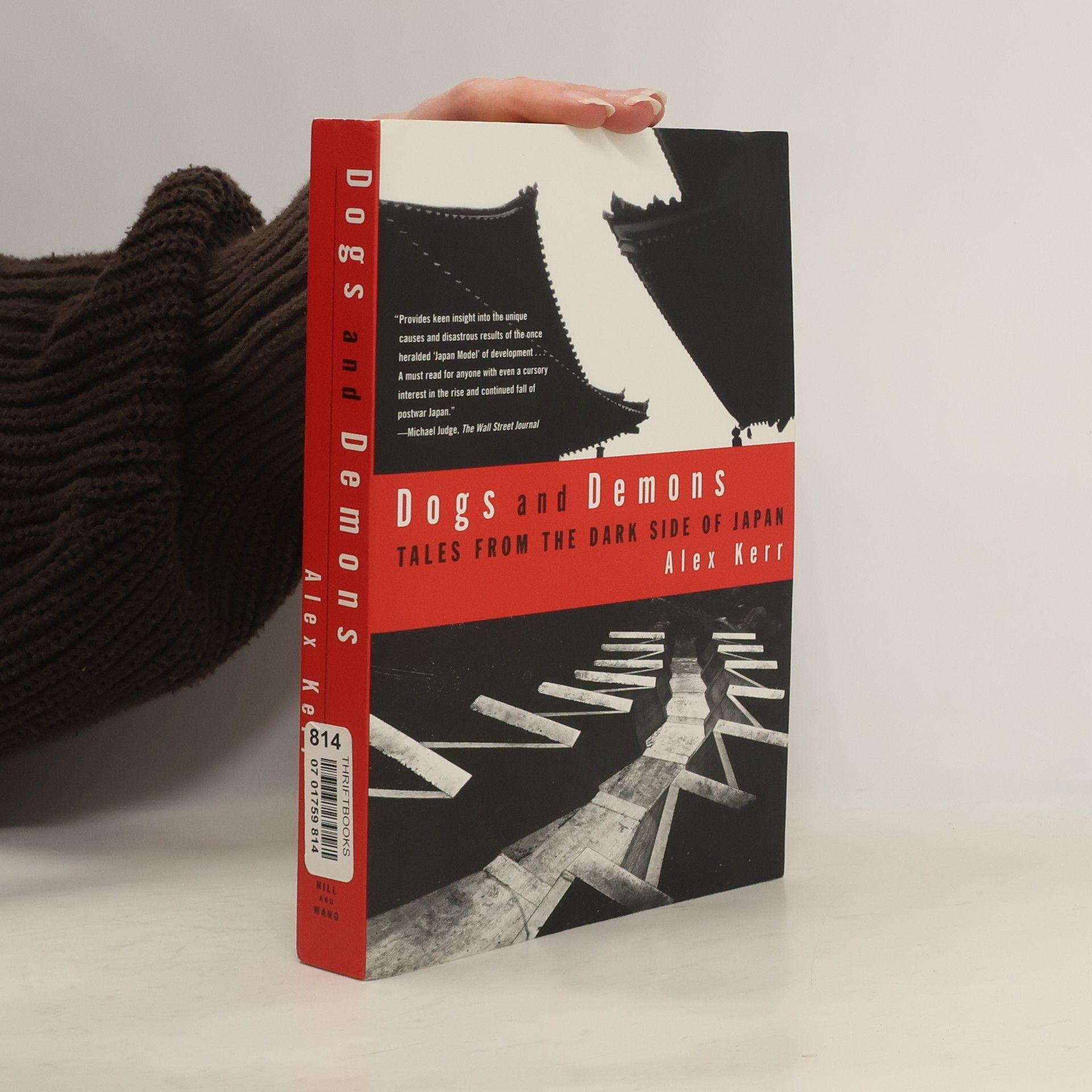Living in Japan
- 200pages
- 7 heures de lecture
Die traditionelle japanische Baukunst zeugt von einer solchen Sicherheit der Proportionen und Feinheit in den Details, dass sie sich eigentlich kaum noch verbessern lässt. Dennoch finden zeitgenössische japanische Designer und Architekten immer wieder zu verblüffenden Neuinterpretationen überlieferter Bauformen und Entwürfen von hohem ästhetischen Wert für die Bewohner wie für den Betrachter. Ob es sich um ein tadellos erhaltenes traditionelles Haus handelt oder um eine schnittige moderne Wohnung: Charakteristisch für die gelungensten japanischen Wohnräume ist die Vorliebe für geschickt zugeschnittene Räume, die Reduktion auf das Wesentliche und eine Vorliebe für warme Materialien wie Holz, Backstein und Bambus, ohne dabei Berührungsangst vor Beton, Stahl und modernsten Baustoffen zu zeigen. Von einem Bauernhaus mit Reetdach, heute von einem Zen-Priester bewohnt, über Tadao Andos experimentelles 4×4-Haus und Shigeru Bans konzeptionelles „Shutter House“ bis zu einer wunderschönen Hommage an den Bambus zeigt dieser elegante und wunderbar fotografierte Architekturführer den ganzen Facettenreichtum des zeitgenössischen japanischen Wohnens. Ergänzt wird der Band durch eine Adressenliste, falls Sie die vorgestellten Objekte besichtigen möchten, und ein hilfreiches Glossar mit Schlüsselbegriffen wie tatami, shoji oder noren.






